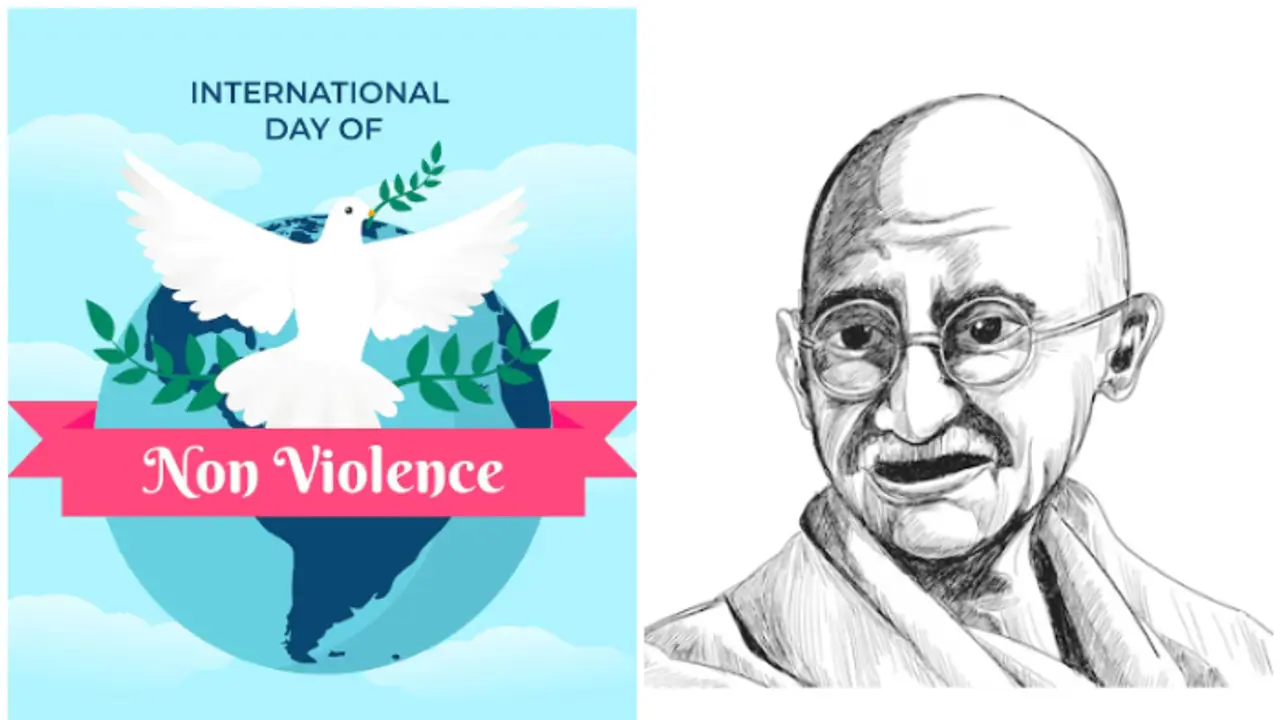The International Day of Non-Violence on October 2 celebrates Gandhi's legacy, promoting peaceful dialogue and solutions to conflicts while inspiring global movements for justice.
The International Day of Non-Violence celebrated on October 2, serves as a powerful reminder of the impact of peaceful resistance and the importance of dialogue in addressing societal issues. As the world grapples with conflicts, discrimination, and violence, this day encourages individuals and communities to reflect on the principles of non-violence championed by Mahatma Gandhi. His legacy continues to inspire movements for social justice and equality, making the observance of this day particularly relevant.

History
The United Nations officially established the International Day of Non-Violence in 2007, marking it on Gandhi's birth anniversary. This choice underscores the significant role Gandhi played in advocating for non-violence as a means of social change. His philosophy influenced many leaders and movements around the world, from the civil rights movement in the United States led by Martin Luther King Jr. to the anti-apartheid struggle in South Africa under Nelson Mandela. By recognizing this day, the UN aims to honor these contributions and promote non-violent approaches to conflict resolution.
Significance
The significance of the International Day of Non-Violence goes beyond mere commemoration. It highlights the urgent need for peaceful solutions in a world often characterized by violence and unrest. By fostering a culture of understanding, respect, and dialogue, the day catalyzes change. It urges individuals and communities to reassess their responses to conflict and to embrace peaceful means of expression. Through educational initiatives and community events, the observance aims to instill the values of compassion and non-violence in everyday life.
The primary objective of this day is to promote non-violence as a viable approach to social and political challenges. It encourages individuals, organizations, and nations to engage in constructive dialogue rather than resorting to aggression. Activities organized around this day, such as workshops, discussions, and outreach programs, aim to raise awareness about the principles of non-violence and their effectiveness in enacting social change.
The International Day of Non-Violence stands as a beacon of hope, urging us to embrace peace and compassion in our interactions. By honoring Gandhi's teachings and committing to non-violence, we can contribute to a more just and harmonious world.
